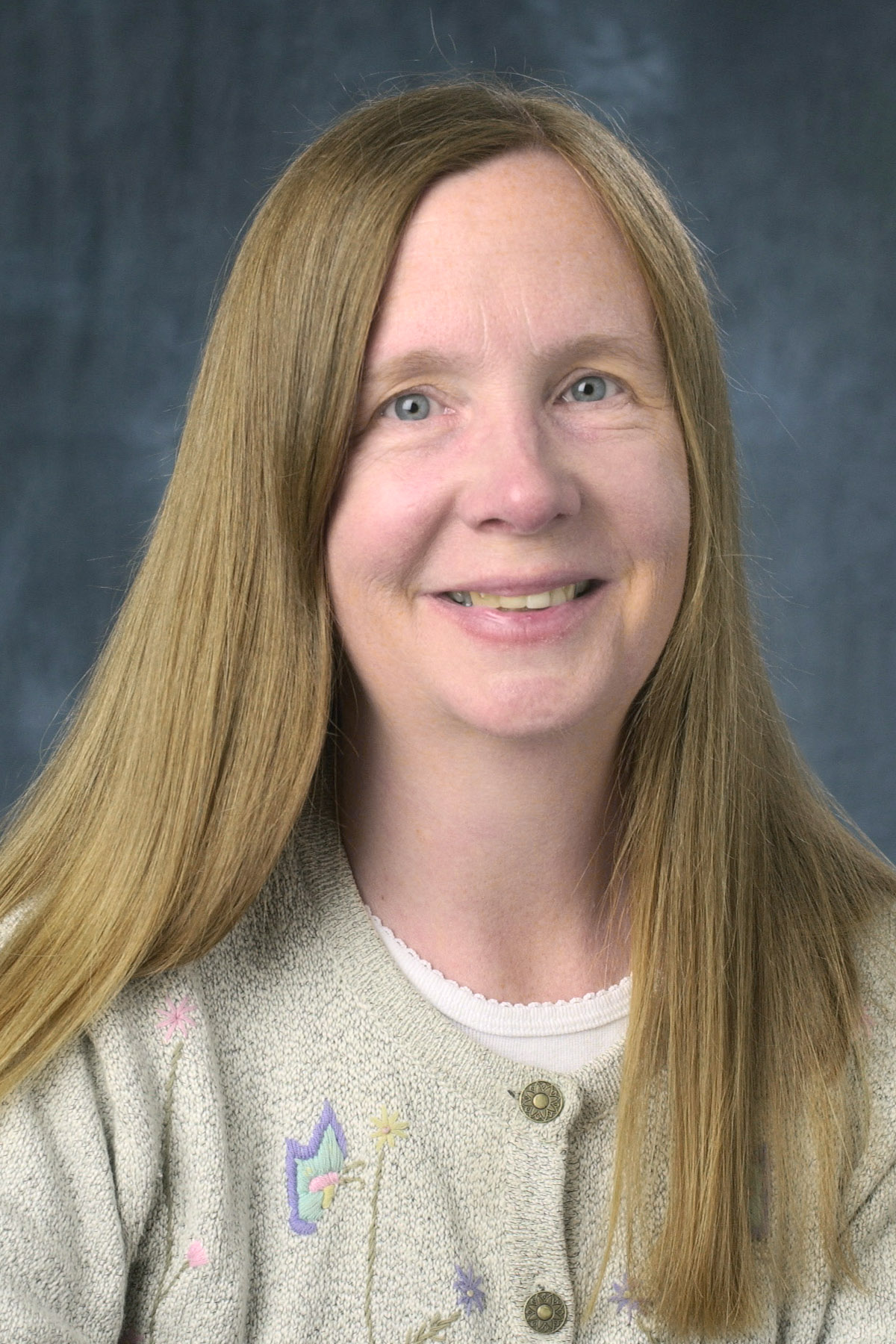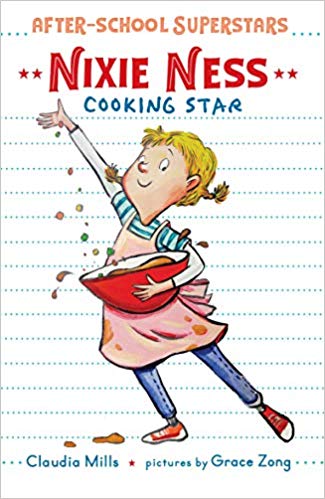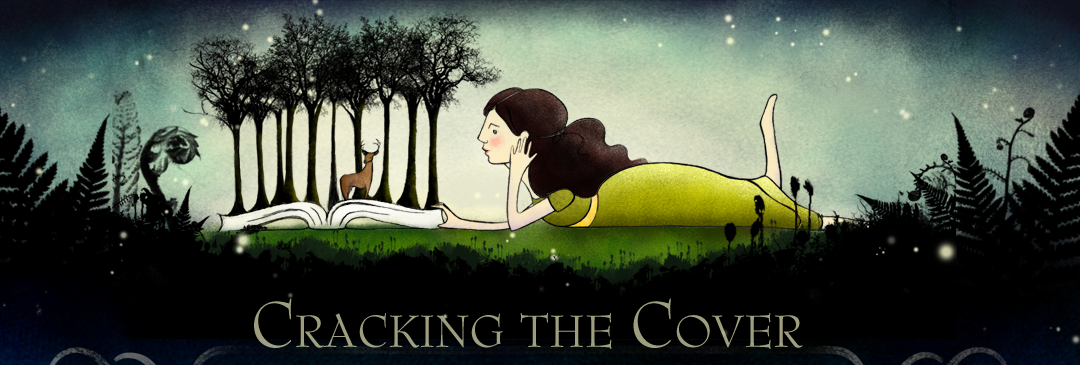
Claudia Mills is the author of numerous books for developing and newly independent readers. Her latest chapter-book series is the After-School Superstars, of which Nixie Ness Cooking Star is the first book. The following is a complete transcript of her interview with Cracking the Cover.
How does your working as a philosophy professor and being a mom influence your writing?
I think everything authors do in our lives influences our writing. Because my field within philosophy was ethics, in my books I’m always thinking about the ethical dimensions of a story. This doesn’t mean I want my books to be finger-wagging or preachy – definitely not! But I like to explore questions that have some deeper ethical resonance. In Nixie’s story I found myself asking: What does it mean to be a friend? If you have many friends, does this diminish the significance of each friendship? If you hurt a friend, how do you restore the friendship? Of course, I address these questions through a third-grader’s sensibility, not as if I were writing a paper for an academic journal! And because I’m mom, too, I’ve been able to get inspiration from lots of things that happened to my boys when they were in school. But they never took a cooking class like Nixie’s, alas.
Where did the idea for Nixie Ness, Cooking Star come from?
I’ve always loved school, and I’ve written dozens of books that are school stories. So I thought it would be fun now to explore the world of AFTER-school. Millions of kids attend after-school programs, and that would give me a chance to show kids engaged in a wide range of activities that go beyond the standard school curriculum. Nixie Ness, Cooking Star is the first title in a new series that will be set in an after-school program: After-School Superstars.
Why did you choose cooking?
Although cooking classes are taught in middle-school and high-school, they aren’t generally part of the elementary-school experience. So I thought this would allow me to take advantage of the after-school format of the series to show this new, different, and super-fun activity.
 Do you like cooking?
Do you like cooking?
Confession time: no, don’t! How I wish I did! My family was so pleased when I had to try out the recipes for Nixie’s camp and so finally made them something tasty to eat! But I might have liked to cook if I had attended a camp like Nixie’s and gotten an early start on cooking. I never cooked anything until I was well into my twenties!
How much research was involved?
The main research was using the Internet to find all kinds of recipes that would be enjoyable for my child characters to make and for my child readers to write about. I also had a teacher/librarian friend who has run many after-school programs read the manuscript to see if I had created a program that would be plausible and believable in its details.
How many After-School Superstars books are planned?
Right now: four. Next up is Vera Vance, Comics Star, set in a comic-book camp, followed by Lucy Lopez, Coding Star, set in computer-coding camp. I haven’t yet settled on the idea for the fourth camp. All ideas are welcome!
How did Nixie develop? Is she based on anyone you know?
Most of my characters start to develop only when I sit down with my clipboard, pad of paper, and pen, and start writing about them! It was only in that way, for example, that I found out that Nixie wants a dog. But all my characters, in one way or another, are based on me, drawing on some part of who I am. As a child, I was heartbroken if I thought one friend liked another friend better than she liked me – what a betrayal! Like Nixie, I’ve always been a planner – trying to think up ways to make my dreams come true. And like Nixie, some of my plans turn out better than others….
Why do you think young readers will be attracted to the Nixie books?
I hope they’ll be attracted both to the friendship theme – for friendship is so important at any age, but particularly for elementary-school children – and to the fun of the cooking camp scenes. Kids today cook so much more than I did as a child, so I hope they’ll want to see what kinds of things Nixie is cooking and get ideas for their own adventures in the kitchen.
Looking back, how has your writing evolved?
I like to think I’ve gotten better! But the main way I’ve changed, I think, is that I’ve totally fallen in love with writing for the chapter-book audience: newly independent readers in second, third, or fourth grade. My early books were all middle-grade novels, and I still love to write for that age group, too – and I published a ten-book easy-reader series as well, the Gus and Grandpa books. But once I wrote my first third-grade-level chapter book, 7 x 9 = Trouble!, I found I adored this format for its peppy pacing and just for the adorableness of how the finished book looks.
How does writing for younger middle readers differ than for tweens/teens?
In some ways all writing is similar. Whether I’m writing 1000-word books for first graders or philosophy articles for an academic journal, I’m still, well, ME – writing from my own way of viewing the world. But books for younger readers do tend to have less “edginess” than books for tweens and teens – more unabashed, unapologetic sweetness.
What are you working on now?
Right now I’m working on the third book in the After-School Superstars series: Lucy Lopez, Coding Star. This is the most challenging of the three books so far for me. I said I’m not a good cook – you should see how bad I am at coding!! I even hired a sixth-grader to serve as my coding coach – I kid you not! But by trying to write about something I’m NOT good at, I hope I can connect with kids who struggle to learn – and show the joy of finally coming to master something that initially seemed impossible.
